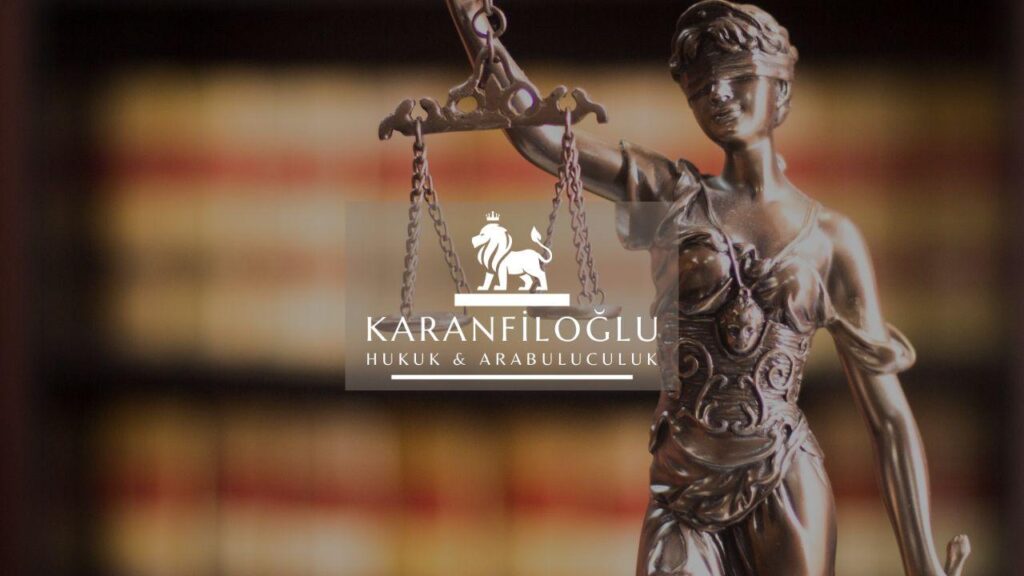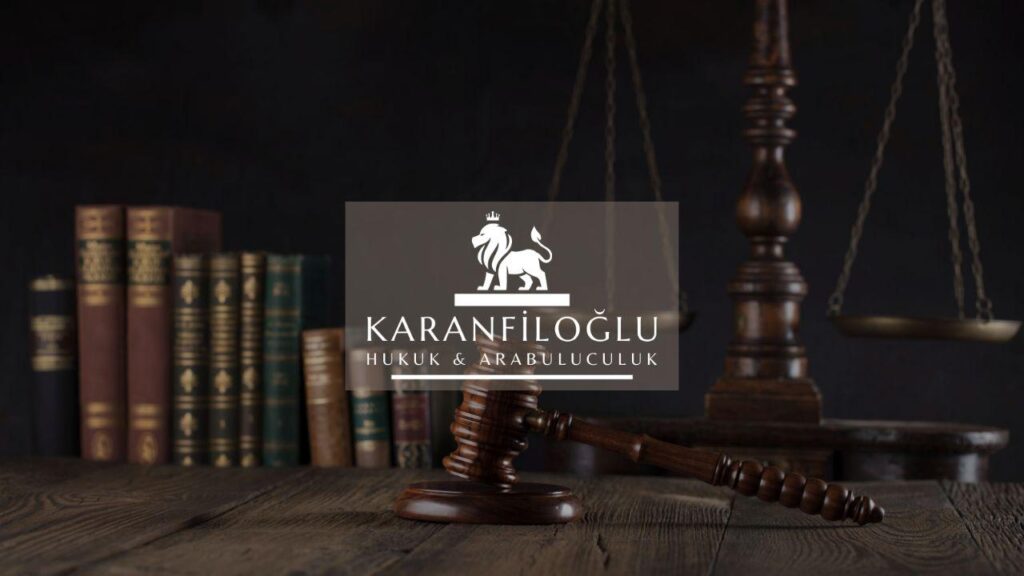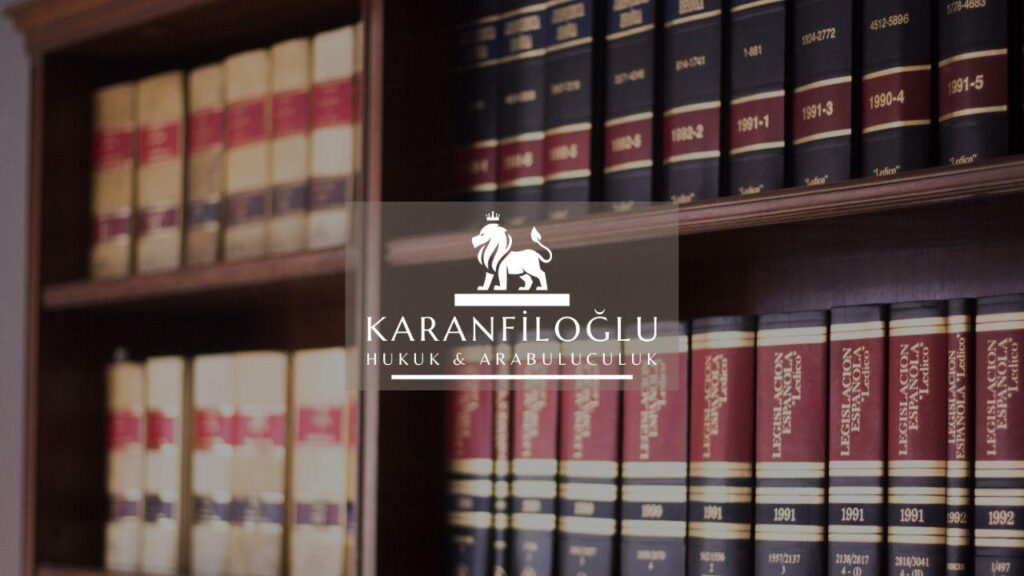Navigating through a lease dispute in Turkey necessitates not only a clear understanding of the applicable laws but also strategic legal guidance. At Karanfiloglu Law Office, we specialize in assisting clients through these often complex matters, ensuring their rights are preserved under Turkish law. According to the Turkish Code of Obligations No. 6098, specifically Articles 299 to 356, it is critical to follow the legal framework set for lease agreements and dispute resolution. Our skilled attorneys provide comprehensive support in mediating disputes, interpreting contract terms, and if necessary, pursuing litigation in accordance with Article 315, which governs termination of lease contracts and eviction procedures. Whether you are a landlord seeking rightful dues or a tenant looking to challenge unfair practices, our firm guides you through each essential step, working diligently to achieve a fair and just resolution.
Understanding Your Rights Under Turkish Lease Law
Understanding your rights under Turkish lease law is pivotal in effectively managing and resolving disputes. Under Articles 299 to 356 of the Turkish Code of Obligations No. 6098, tenants and landlords are provided with a framework outlining their respective rights and responsibilities. For instance, Article 301 mandates the landlord’s obligation to deliver the leased property in a condition fit for use, while Article 317 requires tenants to use the property in accordance with the terms specified in the lease agreement. Additionally, Article 331 allows tenants to demand a reduction in rent or even terminate the contract if the property becomes unusable through no fault of their own. At Karanfiloglu Law Office, we ensure that our clients are fully aware of these provisions, empowering them to make informed decisions and protect their interests during lease disputes.
In the realm of lease disputes, knowledge of eviction laws is crucial for both landlords and tenants. Article 315 of the Turkish Code of Obligations outlines that landlords can terminate the lease and initiate eviction proceedings if the tenant fails to pay rent within a stipulated timeframe after receiving a written notice. Conversely, tenants have protections under Article 350, which restricts eviction solely for arbitrary reasons, ensuring that landlords cannot unjustly force tenants out without valid grounds. Additionally, Articles 347 and 348 provide tenants with a beneficial extension mechanism, wherein they can request a renewal of the lease under the same conditions, barring any violation of the agreement. At Karanfiloglu Law Office, we help clients navigate these provisions, ensuring they understand the legalities involved and advocate effectively for their rights within the bounds of Turkish lease law.
Understanding your rights also extends to addressing issues of rent adjustments and maintenance obligations. Article 344 of the Turkish Code of Obligations allows for periodic rent increases, usually tied to the Producer Price Index (PPI), but such adjustments must be stipulated clearly within the lease agreement. Moreover, the landlord’s duty to maintain the property ensures its habitable state, as defined under Article 317, while Article 331 obligates the tenant to promptly notify the landlord of any necessary repairs. Any neglect or failure to fulfill these obligations can be grounds for legal action, and at Karanfiloglu Law Office, we offer detailed counsel on these subjects. Our aim is to ensure that both landlords and tenants are well-informed about their rights and responsibilities, helping to resolve disputes amicably and in accordance with Turkish law.
Mediation and Arbitration: Alternative Dispute Resolution Methods
Mediation and arbitration serve as effective alternative dispute resolution (ADR) methods for lease disputes in Turkey, allowing parties to avoid the lengthy and costly process of litigation. Under the Turkish Code of Obligations No. 6098, Article 313 encourages parties to explore peaceful dispute resolution avenues such as mediation before proceeding to court. Additionally, the Law on Mediation in Civil Disputes No. 6325 articulates the principles and procedures for mediation, highlighting its voluntary and confidential nature. Arbitration, governed by the Turkish International Arbitration Law No. 4686, offers another robust alternative, particularly for parties who seek binding resolutions delivered by arbitrators who are often experts in the field. At Karanfiloglu Law Office, our seasoned attorneys are adept in navigating these ADR methods, providing clients with strategic advice and representation to achieve amicable and efficient resolutions outside the courtroom.
Mediation is often the first step in resolving a lease dispute and can be particularly advantageous due to its flexible and non-adversarial nature. According to the Law on Mediation in Civil Disputes No. 6325, mediation allows both parties to express their perspectives openly, fostering a more collaborative environment compared to traditional litigation. During mediation, a neutral third party— the mediator— facilitates discussions and helps negotiate mutually acceptable solutions, with the final agreement being legally binding under Article 18 of the Mediation Law. At Karanfiloglu Law Office, we prioritize mediation as it often results in quicker resolutions, preserving professional relationships between landlords and tenants and reducing overall legal expenses. Our experienced mediators and legal advisors are dedicated to ensuring that the mediation process is fair, transparent, and results in a durable agreement that minimizes conflict and protects our clients’ interests.
On the other hand, arbitration serves as a valuable ADR method when parties seek a final and legally binding resolution to their lease disputes. Governed by the Turkish International Arbitration Law No. 4686, arbitration provides an expeditious and private means of resolving conflicts, with the process being more formal than mediation but generally faster and more flexible than court proceedings. An arbitral tribunal, often comprising experts in real estate law or related fields, examines the evidence and arguments from both sides before issuing a binding award, which can be enforced like a court judgment under Article 15 of the Arbitration Law. At Karanfiloglu Law Office, our attorneys have extensive experience representing clients in arbitration, ensuring that the process adheres to all relevant legal standards and that the arbitral award serves our clients’ best interests. By opting for arbitration, we aim to provide a reliable and efficient resolution framework, allowing clients to move forward with clarity and confidence in their legal standing.
How a Skilled Lawyer Can Assist in Lease Dispute Resolution
A skilled lawyer plays an indispensable role in lease dispute resolution by providing expert guidance tailored to the specific needs of landlords and tenants. At Karanfiloglu Law Office, our attorneys are well-versed in the Turkish Code of Obligations No. 6098, leveraging Articles 299 to 356 to thoroughly review and interpret lease agreements. This deep understanding enables us to identify any breaches or unfair practices promptly. Moreover, we employ strategic negotiation techniques to mediate disputes, aiming for amicable resolutions that avoid prolonged litigation. When negotiations fail, our expertise in litigating under Article 315 ensures that proper legal proceedings are followed, safeguarding our clients’ rights and interests effectively.
Another significant way a skilled lawyer can assist in lease dispute resolutions is by providing diligent representation during mediation or court proceedings. At Karanfiloglu Law Office, we understand that a proactive approach can often prevent disputes from escalating. Our attorneys advocate passionately for our clients during mediation sessions in conformity with the Mediation Law No. 6325, aiming to secure a mutually beneficial agreement. Should mediation prove ineffective, our litigation expertise comes to the forefront. By leveraging our extensive experience in Turkish property law and Articles 317 to 329, which cover the nuances of lease obligations and tenant protections, we build compelling cases to protect our clients’ interests. Our comprehensive legal strategies and meticulous documentation ensure you have the strongest possible position, whether as a landlord or a tenant, before the court.
In addition to mediation and litigation, a skilled lawyer can offer preventive legal counsel to minimize the risk of future lease disputes. At Karanfiloglu Law Office, we proactively assist clients by drafting and reviewing lease agreements to ensure they are clear, comprehensive, and compliant with Turkish law, particularly Articles 348 to 356, which deal with the transfer of lease contracts and subleasing. Our attorneys also provide ongoing legal advice to both landlords and tenants, addressing issues like rent increases, property maintenance, and renewal clauses before they become contentious. By helping our clients understand their rights and obligations under the Turkish Code of Obligations No. 6098, we aim to foster stable and dispute-free leasing relationships. This preventive approach not only saves time and resources but also promotes long-term harmony between the parties involved.
Disclaimer: This article is for general informational purposes only and you are strongly advised to consult a legal professional to evaluate your personal situation. No liability is accepted that may arise from the use of the information in this article.







